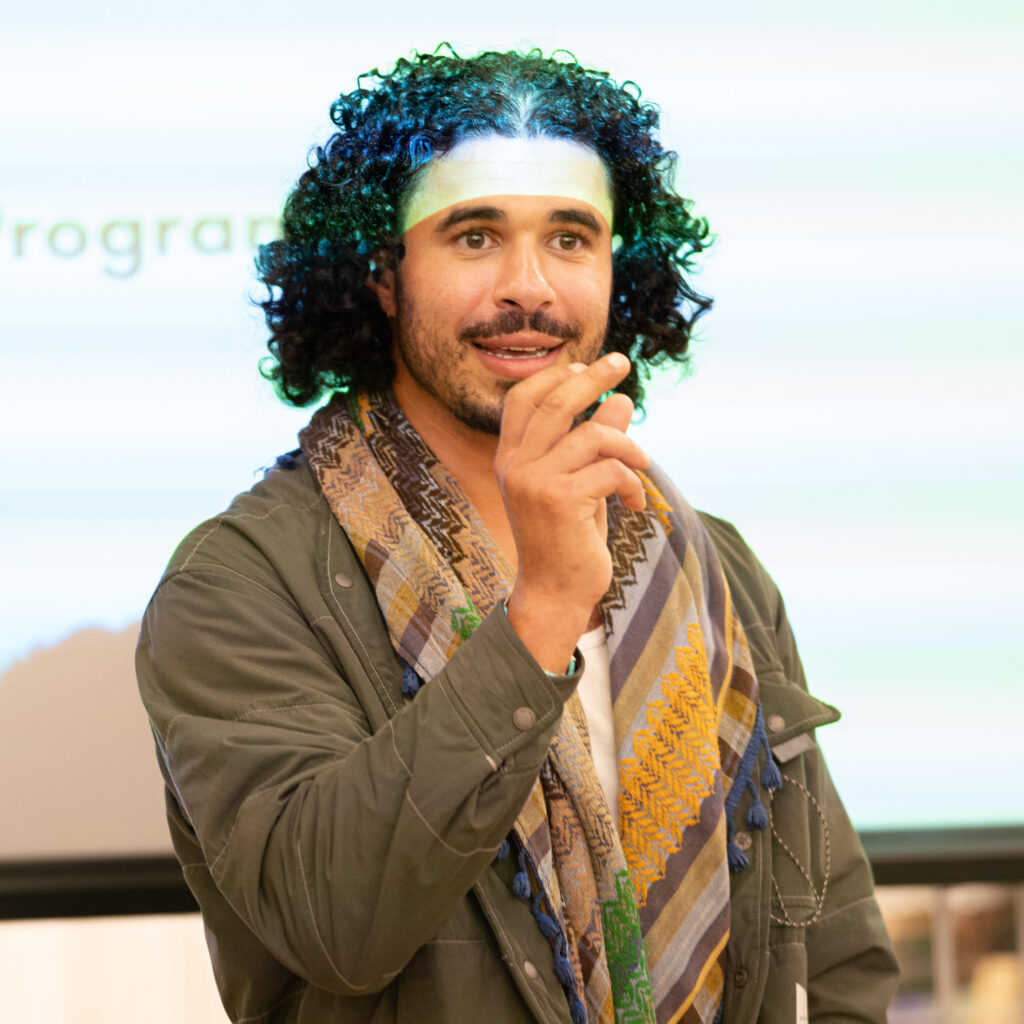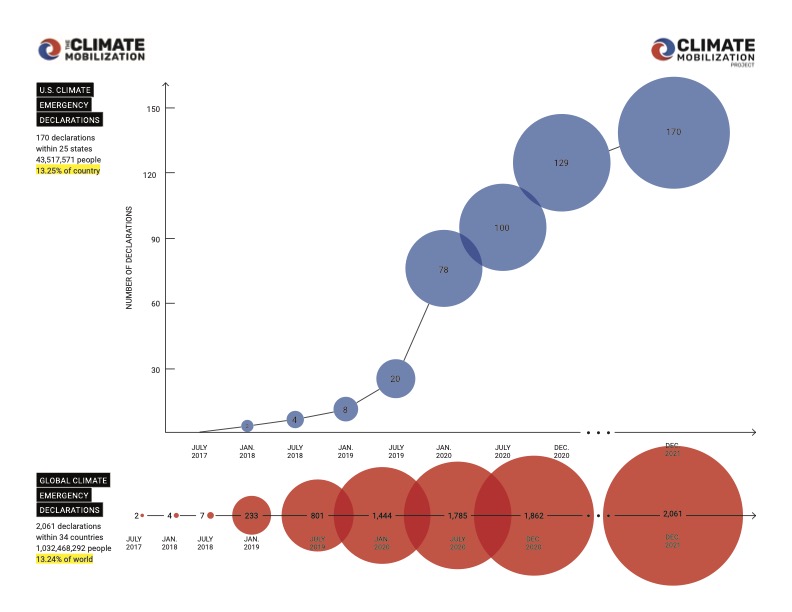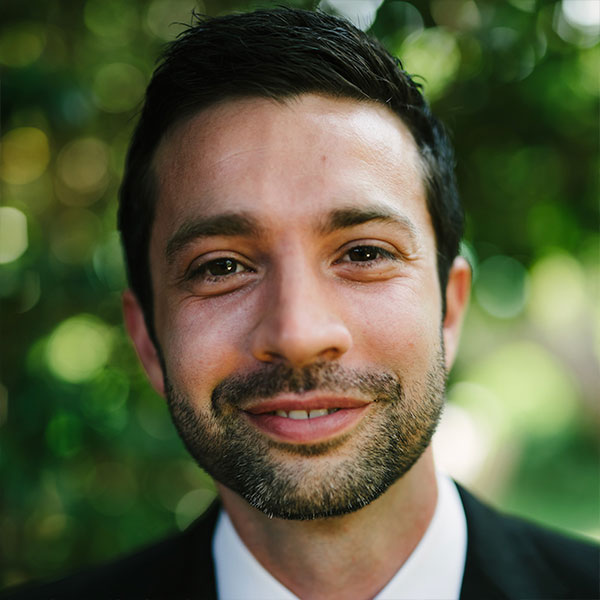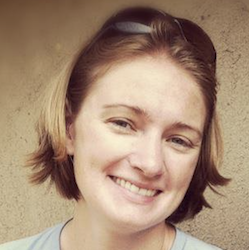Accelerating Climate Impacts
This past month has brought hellish reminders of the gravity of the climate emergency and the very real danger it brings. We’ve seen destructive heat waves in the Northwest, which cooked shellfish on the shore and is estimated to have killed more than a billion marine animals.
Hundreds of people, including unhoused individuals, elderly people and farm workers, died in the US and Canada during the heatwave.
Already an endangered species, salmon in the Sacramento river may not survive this summer’s heatwave as water temperatures rise beyond what the fish can tolerate.
Extreme heat is bringing wildfires to the west, where air quality is poor and Native American tribal land is threatened. In Lytton, British Columbia temperatures reached 121 degrees fahrenheit in July, followed closely by a devastating fire that burned 90% of the town.
In Pakistan, temperatures have risen to over 125 degrees fahrenheit. In this heat, combined with humidity, the body’s natural cooling system (sweat) no longer functions. In areas like Pakistan’s Sindh province, where air conditioning is scarce, heat can turn deadly for people who are left exposed.
On the east coast of the US, New York City saw flooding from tropical storm Elsa that demonstrated vulnerabilities in public transit and aging infrastructure — commuters waded through contaminated water to get to subway platforms, and others were rescued from cars on flooded roadways.
The climate emergency is making conditions unsafe for millions of people. We must act boldly and urgently to prevent far more devastating impacts.
Climate Mobilization Summer Series
We’re kicking off our Climate Mobilization Summer Series with a conversation about building power through coalitions. Join us as we host Alex Easdale, Executive Director of Southeast Climate Energy Network, and Janet Zahn, organizer with the Grand Rapids Climate Resolution Coalition, on July 27th at 5pm Pacific, 8pm Eastern. Sign up today!
Founder Joins Climate Emergency Fund as Executive Director
We are thrilled to announce that Margaret Klein Salamon, our Founder and former Executive Director, was recently hired as Executive Director of the Climate Emergency Fund, where she’ll be leading the charge to channel money into grassroots organizations that are waking the public up to the climate emergency through protest and direct action. This important role gives Margaret a great opportunity to help influence philanthropy to treat climate as the emergency it is, and fund ultra-ambitious organizations and campaigns. Margaret has stepped down from her positions on the TCM and CMP Boards of Directors in order to focus on her new role. However, she’ll remain closely tied to us, with Climate Awakening still going strong. On that note, if you haven’t participated in a Climate Emotions Conversation yet, sign up for one now!
We can’t wait to see what she does at CEF!
Infrastructure Bill
Democrats in Congress have negotiated a $3.5 Trillion spending package to supplement the bipartisan infrastructure bill, which needs the support of every Democratic Senator in order to pass. An analysis by the Congressional Budget Office is pending, as is final word on whether all Democratic senators, including West Virginia’s Joe Manchin, will be on board.
Policy News
New home construction in Tucson, Arizona will have to include charging outlets for electric vehicles due to changes in building code passed this June. This change comes as part of City of Tucson’s Electric Vehicle Roadmap, which has been developed in response to Tucson’s declaration of climate emergency last year. The Tucson landfill is also getting a new name and a new mission in the city’s response: the Los Reales Landfill will now be known as the Los Reales Sustainability Campus and it will serve as a hub for sustainability-related activities to help the city achieve carbon-neutrality by 2030 and zero-waste by 2050. Details about this effort can be found in a presentation from the city.
New Jersey has approved the largest off-shore wind installation in the U.S., which is projected to power over 1 million homes by the end of the decade.
The legislature of the state of Maine has divested the state’s pension funds from fossil fuel investments, the first state government to take this step. In Maine a statewide ban on disposable plastic shopping bags has taken effect as of July 1, and a new bill signed by Maine governor Janet Mills this week will shift the cost of plastic packaging disposal by creating an Extended Producer Responsibility Program to charge waste producers and channel funding to local recycling programs.
The state of New York has passed a bill to encourage the use of concrete that has a lower carbon footprint in new public-sector construction. Proponents of the bill hope that new infrastructure spending across the nation will employ materials with less environmental impact, particularly concrete, which contributes roughly 7% of global greenhouse gas emissions.
After a disappointing attempt by democratic state legislators to ban hydraulic fracturing in California, Governor Gavin Newsom announced in April that he would use regulatory action to ban all new fracking permits in the state by 2024. In 2021 approvals for new wells have gone down 90%. Though fracking makes up a small percentage of fossil fuel extraction in California, banning the practice in the state would eliminate this heavily polluting practice and make California the largest oil-producing state to ban fracking.
Good Reads
- Reuter’s hot list of top climate scientists disproportionately highlights Global North scientists, missing an opportunity to elevate research from the Global South and exposing a long-standing bias that has direct impacts on people living in the Global South.
- As calls for reparations for African Americans gain traction, Tamara Toles O’laughlin makes the argument that climate reparations are an intractable part of Black Liberation.
- There is increasing research proving that perhaps one of the most effective technologies to combat rising temperature levels are trees.
- Mostly due to deforestation for beef and soy production, scientists have confirmed that the Amazon has changed from carbon sink (a place that absorbs carbon) to carbon source, a truth that has enormous implications for global carbon levels.
Supporting this work
Thank you for your continued interest in The Climate Mobilization and the Climate Emergency Movement. If you can support us with a donation, you’ll help us build community power across the US for emergency declarations and the Climate Emergency Programs that follow.

















